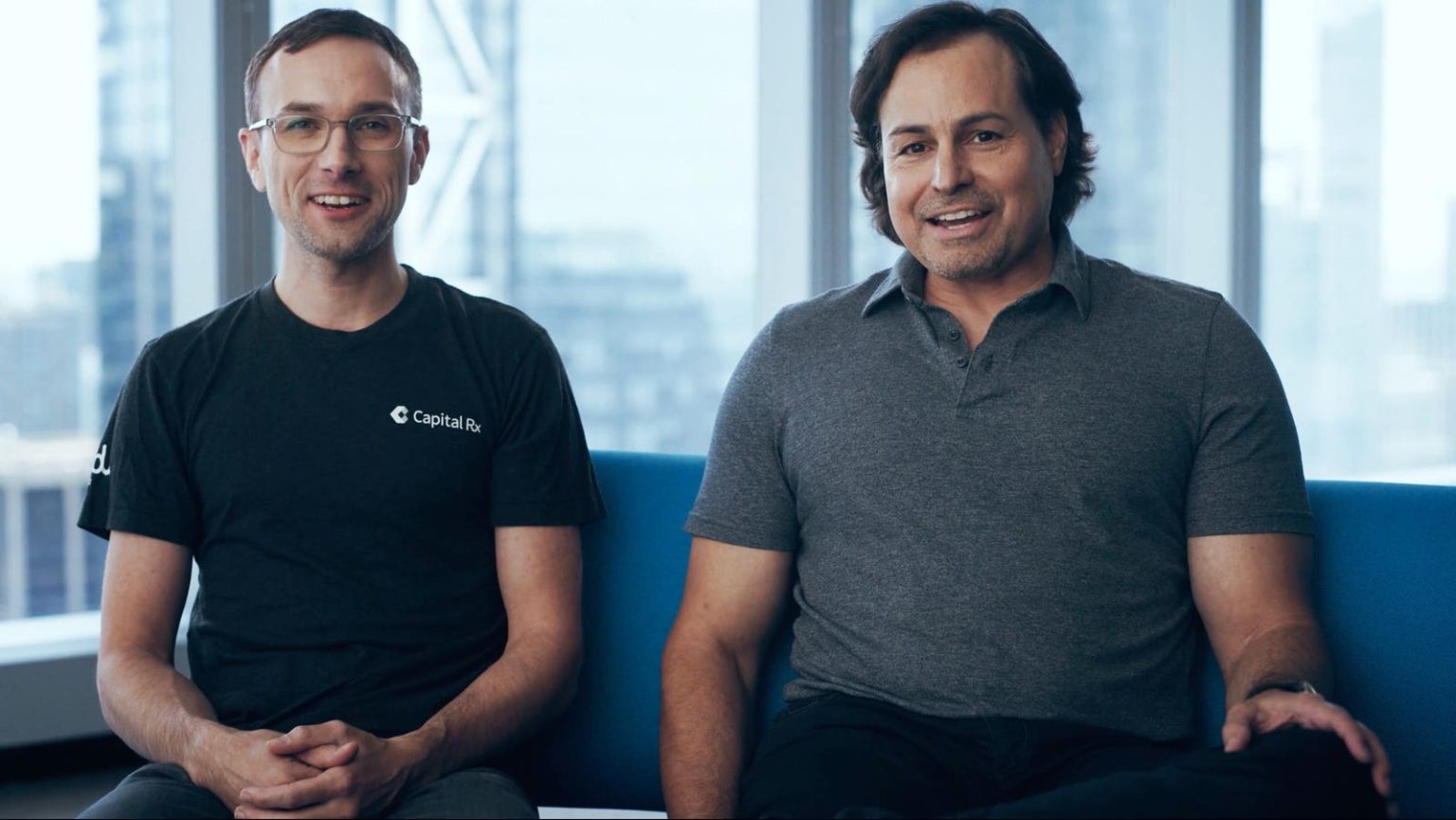Transforming Healthcare Administration: Judi Health’s Journey from Pharmacy Benefits to Comprehensive Claims Processing
In a healthcare landscape plagued by skyrocketing costs and bewildering bureaucracy, AJ Loiacono has emerged as a disruptive force. Eight years after launching Capital Rx to tackle hidden fees in drug pricing, Loiacono’s company—now rebranded as Judi Health—has secured $252 million in new funding to expand its mission beyond pharmaceuticals to broader medical costs. The impressive investment round, led by Wellington Management and General Catalyst, values the company at $3.25 billion, more than doubling its valuation from just a few months earlier. This substantial vote of confidence from investors including Goldman Sachs Asset Management and Al Gore’s Generation Investment Management highlights the industry’s recognition that Judi Health’s approach could fundamentally reshape how healthcare benefits are administered in America.
The genesis of Judi Health lies in Loiacono’s firsthand experience with the dysfunction of American healthcare administration. After cofounding pharmacy benefits consulting firm Truveris and serving as its CEO, Loiacono gained intimate knowledge of the labyrinthine world of drug pricing—what he describes as “not a well-oiled machine, but a rusting hulk of grinding gears.” This understanding led him to establish Capital Rx in 2017 alongside colleagues Ryan Kelly (now Judi Health’s CTO) and Joseph Alexander. Their innovative approach centered on creating cloud-based software called Judi (short for “adjudicate”) that could process claims with unprecedented transparency and efficiency. The results have been remarkable: when Loiacono implemented the system for his own company’s 1,800 health plan members, he saw an 11% reduction in year-over-year costs while simultaneously improving benefits, and claims processing time plummeted from over six months to a maximum of 18 days.
What sets Judi Health apart in the crowded healthcare technology space is its radical transparency in an industry notorious for opacity. Rather than participating in the complex web of rebates, clawbacks, and layered fees that characterize traditional pharmacy benefit managers, Judi Health operates on a straightforward model of flat administrative fees—either on a per-member-per-month basis or per claim, according to customer preference. For drug pricing, the company relies on the National Average Drug Acquisition Cost (NADAC), a publicly available database maintained by the Centers for Medicare and Medicaid Services that reflects actual pharmacy acquisition costs nationwide. This approach represents a dramatic departure from industry norms, which have become so problematic that they’ve prompted congressional hearings and bipartisan legislative reform efforts like the PBM Reform Act of 2025. As Al Gore noted to Forbes, “Drug pricing in the United States has become a textbook example of how opacity fuels inequity,” adding that meaningful change requires “transparency, business model innovation and better technology that puts patients first.”
The scale of the problem Judi Health aims to address is staggering. The United States spends approximately $5 trillion on healthcare annually, with administrative costs alone consuming around $1 trillion. Drug spending increased by $50 billion last year to reach $487 billion, driven by innovative treatments for cancer and immunological conditions, as well as the growing popularity of GLP-1 medications like Ozempic and Wegovy. Overall medical costs have been rising by approximately 8% annually in recent years, with projections suggesting this trend will continue into 2026. Against this backdrop, Judi Health’s mission, as Loiacono articulates it, is to “give our country the infrastructure we need to get the healthcare we deserve.” He argues that until America modernizes its healthcare infrastructure and gains control over it, meaningful advances in care will remain elusive.
The company’s expansion from pharmacy benefits to medical claims administration represents an ambitious but logical evolution. While Loiacono began in the challenging world of pharmacy benefits—building a substantial business with projected 2024 revenue of $3.7 billion, up more than 75% from the previous year—the market for medical benefits is vastly larger. Moreover, the integration of medical and pharmacy claims has long been considered a transformative possibility in healthcare, promising to eliminate redundancies and reduce administrative waste. Holly Maloney of General Catalyst, which participated in the funding round, described Judi Health’s approach as “the first unified claims system, which is a huge shift in how benefits are administered,” and projected that “there’s absolutely a $20 billion business to be built here.” The company has already made significant inroads, signing contracts with several major employer plans and a third-party administrator that is licensing its technology, representing approximately 40,000 lives for the new health administration product.
Loiacono’s journey embodies the potential for entrepreneurial solutions to some of America’s most intractable healthcare challenges. As a serial entrepreneur often recognized by his trademark Costa trucker hat, Loiacono has demonstrated remarkable persistence in confronting entrenched interests. Jonah Surkes of Generation Investment Management observed that Loiacono “has been trying to tackle this problem for a very long time,” navigating an industry “where there are many loud voices and players that have fought dirty to accrue market power.” Through it all, Loiacono has maintained his vision of healthcare administration that serves patients and employers rather than extracting maximum profit through complexity and confusion. While he welcomes potential legislative reforms, Loiacono emphasizes that Judi Health’s business model doesn’t depend on new regulations to succeed. The company’s straightforward proposition—unifying medical and pharmacy claims processing in a transparent, efficient system—stands on its own merits. As Loiacono puts it: “Once you see the medical and pharmacy claims coming in at the same time, you never want to go back. It’s the same membership and same plan sponsor and same rules.” In a healthcare system desperately in need of simplification and cost control, Judi Health’s integrated approach may represent a vital step forward.















